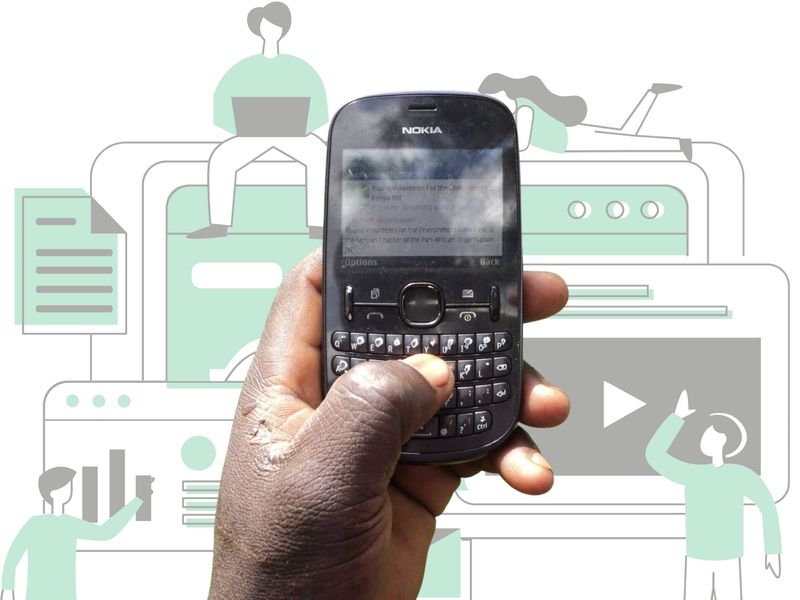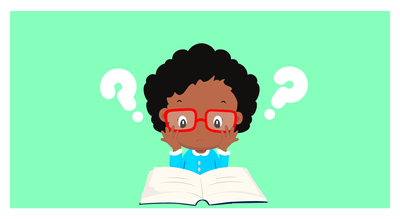It is often said that data is the new oil. This statement is in comparison to the transformation that oil has brought to the world since the late 1800s, where oil has become the most used energy source today.
Before the Second Industrial Revolution, different forms of oil were in use for various purposes but it was the large-scale production and use of crude oil and its products that were transformational.
This is similar to data.
While data has played a crucial role in the digital economy, it is not new to human beings. Throughout history, people have leveraged data to their advantage. Since we learned how to count and write, an ongoing evolution has been the capture and use of data.
The story of the Kenyan farmer
I heard of a story about a settler farmer in the Rift Valley region of Kenya who was quite good at predicting the weather, to the extent that neighbors thought that he had some divine powers. While other farmers were losing crops to rain failure, he seemed to know if and when the rains would come and thus plan accordingly.
It took the intervention of inquisitive primary school pupils to find out the powers behind his accurate weather prediction, which turned out to be data. His family had kept accurate weather records for over 70 years, and from this data, there were some obvious patterns and cycles. Using this data, the good farmer was becoming a weather guru.
"While data has played a crucial role in the digital economy, it is not new to human beings. Throughout history, people have leveraged data to their advantage."
Data can tell stories
Interpreting data can reveal a lot.
Target, an American retail corporation, wanted to identify pregnant women who frequented their stores. As it turns out, by analyzing the purchasing behavior of customers, it is possible to identify an expectant woman and even predict the expected date of delivery.
Within a short time, Target was able to identify expectant women so accurately that it brought conflicts elsewhere. An angry parent stormed Target to protest that they were sending her teenage daughter promotions for expectant mothers. Weeks later, the same parent came back to Target to apologize because the daughter was pregnant.
For Target, what a customer put in the shopping basket was as good as a pregnancy test.
If data, then what?
Understanding how data works can help one make one good use of the opportunities presented by the same. It will also help one stay safe by sharing their data responsibly. It has been proven that most Kenyans are unknowingly giving out their data online.
Data is valuable, but to them, that can exploit it.
— By Jacob Mugendi







